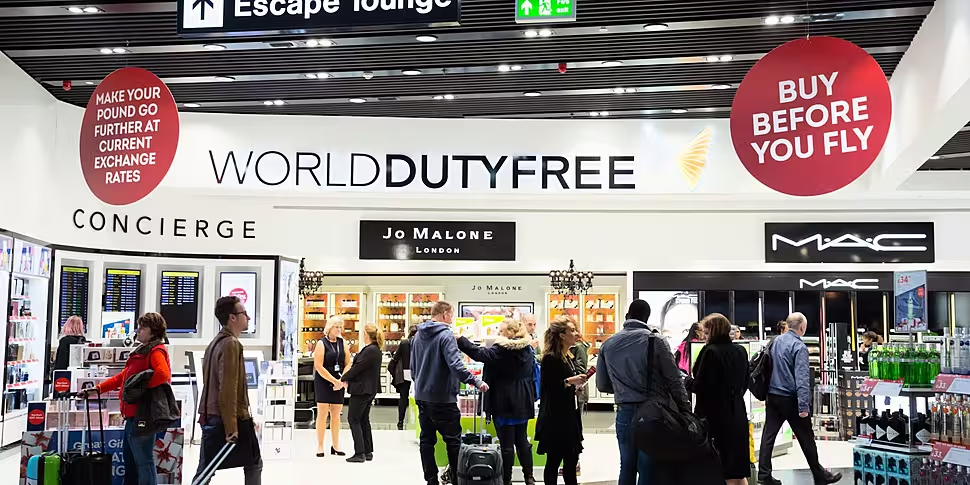Ireland must close a loophole in duty-free that lets people as young as 17 bring tobacco and alcohol into the country, the head of a retail association has said.
The Convenience Stores & Newsagents Association (CSNA) is warning that the impact of the loophole will be 'exacerbated' when the age limit for buying tobacco is increased to 21 in 2028.
Currently, people are entitled to bring 200 cigarettes into Ireland from a non-EU country, such as the UK, without paying duty on them.
Revenue rules state that duty free allowances for alcohol and tobacco products "are not available to people under the age of 17."
CSNA Chief Vincent Jennings told The Pat Kenny Show the loophole means people under the age of 18 are bringing duty free cigarettes into Ireland.
"We're just pointing out the anomaly that [people are allowed to buy tobacco] at 17 and that's going to be exacerbated when the law of sale is increased from 18 to 21," he said.
"We're looking at the whole area of duty free and we're mindful of the fact that the WHO as far back as 2006, [recommended] that states discontinue the process of allowing tobacco to be a duty-free product.
"That's something that has been taken up by Australia, New Zealand and a number of other countries".
'Incentivising people'
Mr Jennings said the European Commission has not implemented the recommendation, with €360m worth of items coming into Ireland last year from duty-free destinations.
"I really think we should be looking at another way of tobacco control," he said.
Mr Jennings claimed that price "is considered to be the greatest determinant to quit", and insisted that keeping duty-free cigarettes in place is "incentivising people to continue with the habit".
"We're struggling to get the consumption level below 18 or 19%, and part of that is because there's a marketplace providing cheap cigarettes to people.
"I'm not calling for a ban on tobacco, I'm calling for a ban on cheap tobacco".
People already entitled to be buy tobacco products - those over 18 but under 21 - will not be affected by the Public Health (Tobacco) (Amendment) Bill in 2028.









